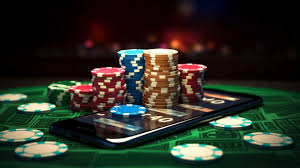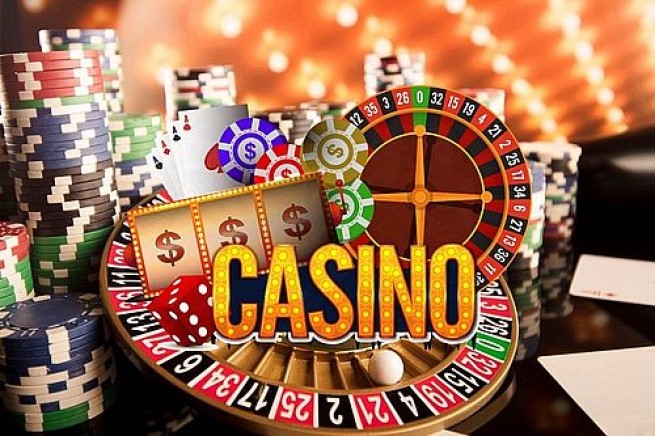
The Phenomenon of Flappy Bird: A Digital Obsession
Flappy Bird, a simple yet addictive game, captured the hearts and minds of millions worldwide. Released in 2013, it uses a straightforward premise: navigate a small bird through a series of pipes without crashing. Despite its minimalistic design and basic mechanics, Flappy Bird quickly became a cultural phenomenon. Players found themselves enthralled, often spending hours trying to beat their high scores. The game could be played on mobile devices and has since been made available online, allowing players to indulge in the challenge from their browsers as well. If you want to play Flappy Bird online, you can visit Flappy Bird https://flappybirdunblocked.us/.
The Creation of Flappy Bird
The game was designed by Vietnamese developer Dong Nguyen, who aimed to create a game reminiscent of classic arcade titles. With its pixelated graphics and straightforward gameplay, Flappy Bird harkens back to a more straightforward gaming era. Nguyen applied what he learned from his previous games and refined his concept until it became the viral hit we know today.
Why Is Flappy Bird So Addictive?
At its core, Flappy Bird’s appeal lies in its simplicity combined with an undeniable challenge. Players quickly realized that they could not merely tap the screen to advance but had to develop a rhythm and timing to succeed. This requirement for precise control and the consequences of failure created a compelling loop of frustration and achievement.
Moreover, the game is designed in such a way that players are motivated to keep trying, even after a string of failures. Each attempt feels like a learning experience, where players believe they can achieve a higher score. This “just one more try” mentality kept players engaged and returning for more rounds, fueling the game’s viral popularity.
The Cultural Impact of Flappy Bird

Flappy Bird didn’t just influence players; it left a mark on the gaming industry. The game generated discussions about the nature of mobile gaming, particularly about how simple mechanics can lead to huge success. It spurred a wave of similar games, many attempting to capture that elusive magic while offering their unique spin.
The game’s success raised questions about the fine line between inspiration and imitation, as developers scrambled to create their versions of the Flappy formula. Nonetheless, Flappy Bird’s influence was not merely in its game mechanics but in the conversations it incited regarding monetization strategies and the ethics of mobile gaming.
Controversies and Withdrawal
Despite its success, Flappy Bird was not without controversy. In early 2014, Nguyen withdrew the game from app stores, citing concerns about its addictive nature and the impact it was having on players. This decision caused a frenzy among fans, driving up demand for the game. It became a collector’s item, and people started selling phones with Flappy Bird pre-installed at exorbitant prices.
The game’s removal, rather than diminishing its impact, actually amplified its allure. It turned Flappy Bird into a cultural artifact, emblematic of the highs and lows of mobile gaming trends.
Legacy and Continuing Popularity
Even after its removal, Flappy Bird continued to influence game design and mobile app development. Its mechanics have been studied and emulated, contributing to the rise of others such as “Swing Copters” and various clones flooding the market. The game’s legacy is evident in how it opened the door for smaller indie developers to succeed based on simple yet engaging game mechanics.

Learning from Flappy Bird
For everyday players, there’s much to learn from Flappy Bird’s model. The game is a testament to the idea that great games don’t necessarily need cutting-edge graphics or expansive worlds. Instead, it emphasizes player engagement, satisfaction, and a clear challenge.
As we reflect on the impact of Flappy Bird, we can see that it offered not just a game but an experience—one that helped shape the mobile gaming landscape for years to come. The story of Flappy Bird is not just about a successful app, but rather about the intersection of culture, psychology, and technology in the digital age.
The Future of Gaming Inspired by Flappy Bird
As we move forward in the gaming world, the lessons learned from Flappy Bird will continue to resonate. Innovations in mobile app development will likely draw from its success while avoiding potential pitfalls associated with addictive gameplay. Moreover, the ongoing evolution of mobile technology will ensure that simple concepts can continue to thrive.
The future of mobile gaming remains bright, filled with possibilities waiting to be explored. Flappy Bird set the stage for indie developers, proving that great ideas can lead to extraordinary success, regardless of a game’s complexity. The ongoing legacy of Flappy Bird serves as a reminder of the power of creativity and the digital playground we now have at our fingertips.
Conclusion
In conclusion, Flappy Bird was more than just a game; it was a cultural moment that showcased the intersection of simplicity, challenge, and engagement in mobile gaming. Its global success story is one that inspires developers and entertains players, ensuring its place in the annals of gaming history. With each passing day, the ethos of Flappy Bird continues to inspire new generations of players and creators alike.
